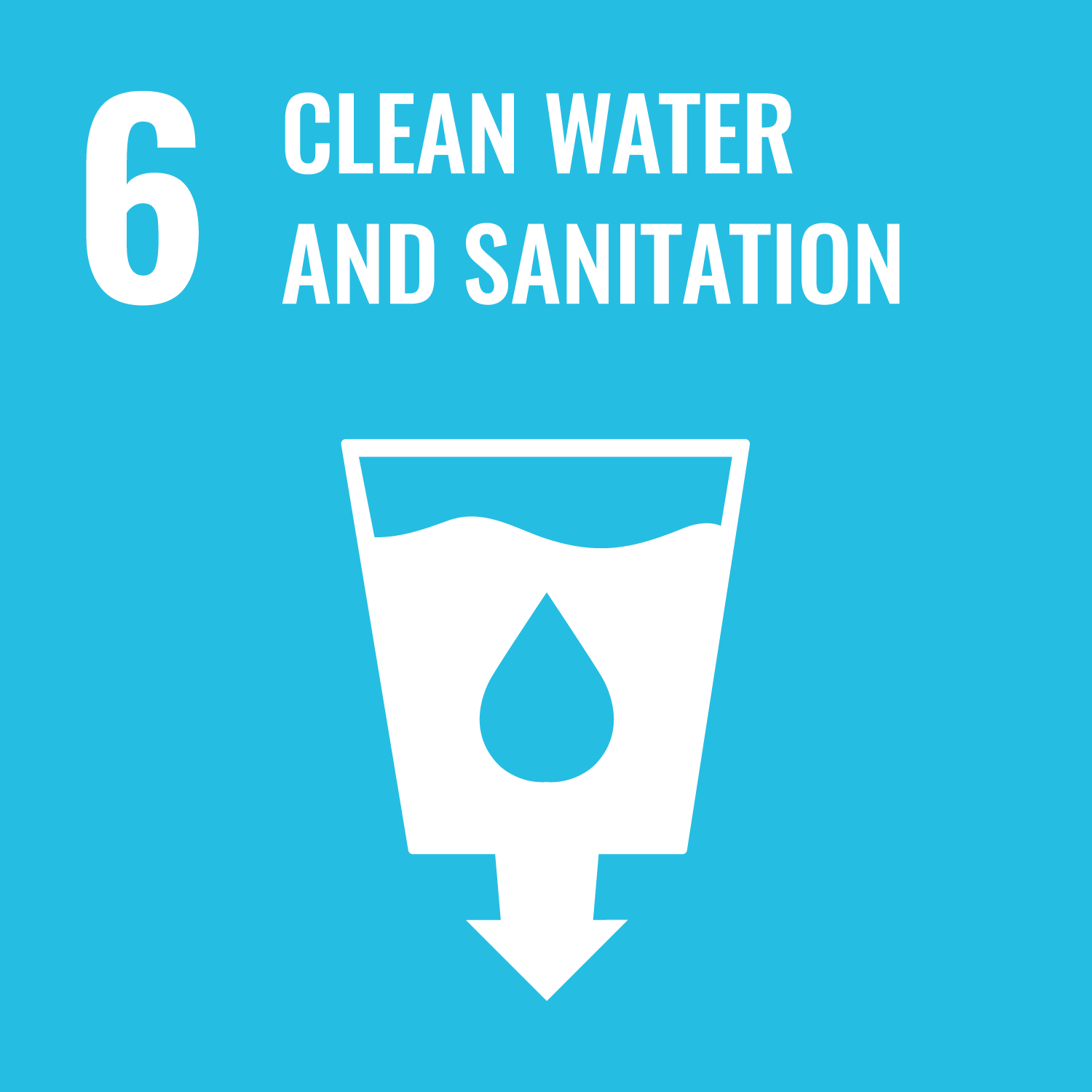Hales, G., Hutchings, P. orcid.org/0000-0002-7758-4644, Roelich, K. orcid.org/0000-0001-6979-5401 et al. (4 more authors) (2025) Influencing non-menstruator attitudes and behaviours towards menstrual health among rohingya refugees in Bangladesh: A realist evaluation. PLOS Water, 4 (6). e0000323. ISSN 2767-3219
Abstract
Poor menstrual health poses serious public health issues globally, yet half the population are often excluded from the solutions. Men, boys, and those that do not menstruate can have a substantial influence on menstrual health, especially in patriarchal societies and challenging contexts. For example, they can block or facilitate access to essential components of menstrual hygiene management (MHM) or undo or uphold menstrual stigma. This study applies a realist evaluation to a programme aiming to encourage positive attitudes and supportive behaviours towards menstruation among Rohingya non-menstruators in a refugee camp in Bangladesh. The evaluation consists of Key Informant Interviews with nine programme staff, base- and endline survey data with 150 non-menstruators, and 20 in-depth realist interviews with survey participants. The evaluation’s theories are framed on levels of the Socio-Ecological Model. On the individual level, we found that it is necessary to aid non-menstruators in understanding and becoming empathetic towards the health risks of poor MHM, recognising their familial responsibilities, and gaining confidence within the role. On the interpersonal level, a motivator for adopting supportive behaviours was perceiving their family to be happy, healthy, and appreciative. On the community level, religious framing - especially delivered by the Imam – influenced viewpoints and removed misconceptions. A motivator on this level was the desire to better the whole community. Negative reactions from neighbours did not have much influence. It was also crucial to create a safe space for everyone to feel comfortable to share and learn together in. Lastly, the organisational level showed the importance of fostering a trustworthy relationship with programme staff and the community menstrual health facilitators. This paper is the first study to demonstrate the contextual factors to establish and mechanisms to seek that influence positive attitudes and supportive behaviours towards menstruation among non-menstruators in humanitarian settings.
Metadata
| Item Type: | Article |
|---|---|
| Authors/Creators: |
|
| Editors: |
|
| Copyright, Publisher and Additional Information: | © 2025 Hales et al. This is an open access article under the terms of the Creative Commons Attribution License (CC-BY 4.0), which permits unrestricted use, distribution and reproduction in any medium, provided the original work is properly cited. |
| Dates: |
|
| Institution: | The University of Leeds |
| Academic Units: | The University of Leeds > Faculty of Medicine and Health (Leeds) > School of Medicine (Leeds) The University of Leeds > Faculty of Environment (Leeds) > School of Earth and Environment (Leeds) The University of Leeds > Faculty of Engineering & Physical Sciences (Leeds) > School of Civil Engineering (Leeds) |
| Depositing User: | Symplectic Publications |
| Date Deposited: | 16 Jul 2025 09:36 |
| Last Modified: | 16 Jul 2025 09:36 |
| Status: | Published |
| Publisher: | Public Library of Science |
| Identification Number: | 10.1371/journal.pwat.0000323 |
| Related URLs: | |
| Sustainable Development Goals: | |
| Open Archives Initiative ID (OAI ID): | oai:eprints.whiterose.ac.uk:229129 |


 CORE (COnnecting REpositories)
CORE (COnnecting REpositories) CORE (COnnecting REpositories)
CORE (COnnecting REpositories)